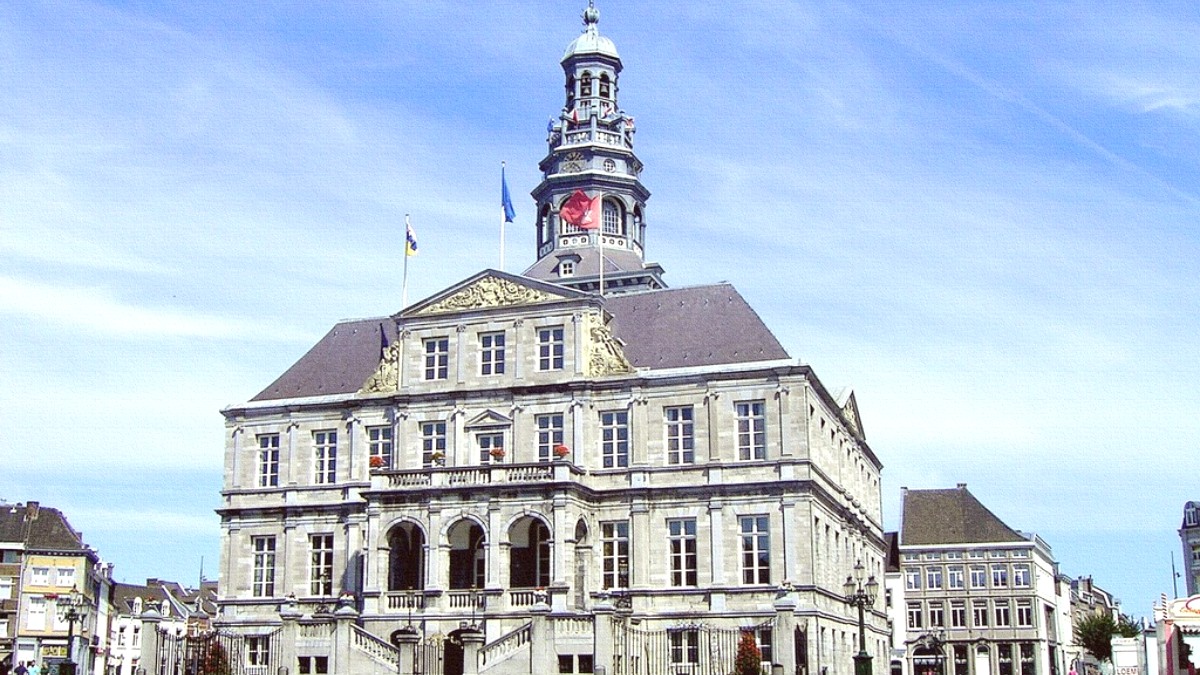
The Southeast, The Netherlands
The Netherlands features numerous national parks and nature reserves, including areas near Maastricht like the Sint Pietersberg and the wider Limburg hilly landscape (Heuvelland). These areas are protected to conserve their unique ecosystems and biodiversity. Observe all signage in these areas regarding trails, waste, and wildlife.
The Netherlands has extensive recycling programs. Separate waste bins for paper, plastic/metal/drink cartons (PMD), glass, and organic waste are present. Use public recycling bins. Carry a Reusable water bottle to limit plastic waste. Consider using a Reusable product company.
Tap water in Maastricht is safe and of high quality. While the Netherlands does not face severe water scarcity, mindful use of water, like shorter showers, is a responsible practice.
Your travel choices contribute to environmental well-being.
Consider offsetting flight emissions through reputable Carbon offset organizations. Some airlines offer options during booking. For local travel, prioritize walking, cycling, and public transport for lower environmental footprints than private cars or taxis. Choose Sustainable outdoor gear.
Seek accommodations and tour operators that promote sustainable practices. Many participate in certification programs like Green, which shows a commitment to environmental responsibility. Choose Eco-friendly accommodation or tour operators that emphasize small group sizes and responsible interaction with nature and culture, like G Adventures.
Support local museums, historical sites, and cultural institutions that preserve Maastricht's heritage. Your entrance fees and purchases directly contribute. Politeness and common courtesies like "please" and "thank you" are valued. Respect queues in shops, museums, and public transport. The Dutch value personal space; avoid standing too close to strangers. Dutch communication is direct, usually not offensive. Be mindful of noise levels in residential areas late at night.
Acceptable to take photos in public spaces. Be mindful of privacy. Ask permission for close-ups of individuals, especially children. Avoid photographing people in private moments or without consent. Observe 'no photography' signs. When visiting churches or religious sites, dress modestly (shoulders and knees covered). Keep a quiet demeanor, especially during services. Some areas within religious sites may be restricted.
Support small, local, and independent businesses. Stay in locally-owned guesthouses, dine at independent restaurants, and shop at local boutiques and markets. Prioritize locally-owned shops, cafes, and restaurants over international chains. Look for "Limburgs Streekeigen Product" labels for local goods.
Support conservation with purchases.Seek shops that promote local Limburgian produce, crafts, and fair trade products. This ensures producers fair compensation. The markets are places to find local and artisanal goods. The Netherlands has strong labor laws and a well-regulated tourism sector. Exploitation of workers or harmful practices are not typical concerns in mainstream tourism. If donating, consider registered local charities instead of direct giving to beggars.
Your choices as a traveler contribute to Maastricht's environmental well-being. Opt for sustainable options.
Respectful engagement with Maastricht's heritage and community.
Support local museums, historical sites, and cultural institutions that preserve Maastricht's heritage. Your entrance fees and purchases directly contribute.
Politeness and common courtesies like "please" and "thank you" are valued. Respect queues in shops, museums, and public transport. The Dutch value personal space; avoid standing too close to strangers. Dutch communication is direct, usually not offensive. Be mindful of noise levels in residential areas late at night.
Acceptable to take photos in public spaces. Be mindful of privacy. Ask permission for close-ups of individuals, especially children. Avoid photographing people in private moments or without consent. Observe 'no photography' signs.
When visiting churches or religious sites, dress modestly (shoulders and knees covered). Keep a quiet demeanor, especially during services. Some areas within religious sites may be restricted.
Supporting small, local, and independent businesses directly benefits the Maastricht community. Stay in locally-owned guesthouses, dine at independent restaurants, and shop at local boutiques and markets. Prioritize locally-owned shops, cafes, and restaurants over international chains. Look for "Limburgs Streekeigen Product" labels for local goods.
Choose locally-owned guesthouses or B&Bs.
Dine at independent restaurants.
Shop at local boutiques and markets.
Support local businesses.
Supporting Maastricht's local economy.
Supporting small, local, and independent businesses directly benefits the Maastricht community. Stay in locally-owned guesthouses, dine at independent restaurants, and shop at local boutiques and markets.
Seek shops that promote local Limburgian produce, crafts, and fair trade products. This ensures producers fair compensation for their work. The markets are places to find local and artisanal goods. Consider shopping at The Rainforest Site for conservation support.
The Netherlands has strong labor laws and a well-regulated tourism sector. Exploitation of workers or harmful practices are not typical concerns in mainstream tourism in Maastricht.
If donating, consider registered local charities instead of direct giving to beggars. This ensures contributions reach those who use it most effectively and limits dependence on street begging. The VVV (tourist office) or your accommodation may provide information on reputable local charities.
Prioritize locally-owned shops, cafes, and restaurants over international chains whenever possible. Look for "Limburgs Streekeigen Product" labels for truly local goods.
Choose independent shops.
Support local cafes and restaurants.
Look for "Limburgs Streekeigen Product."
Support local businesses.
Conscious economic decisions strengthen local communities and preserve unique cultural identities.